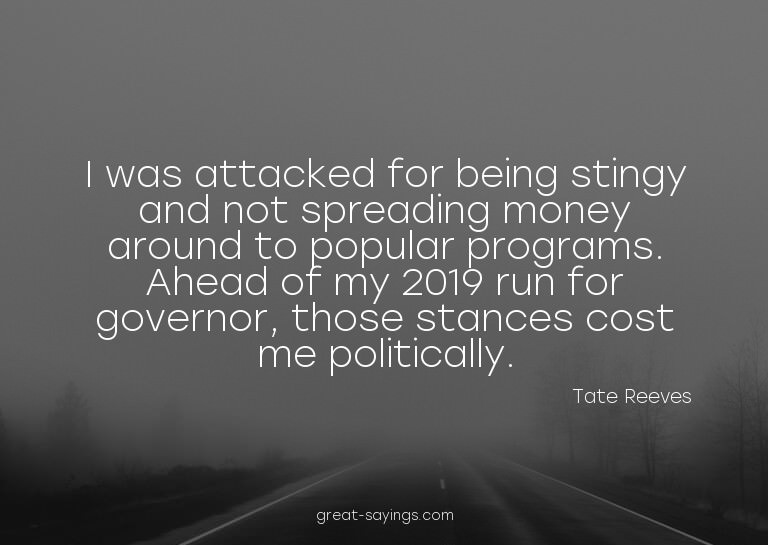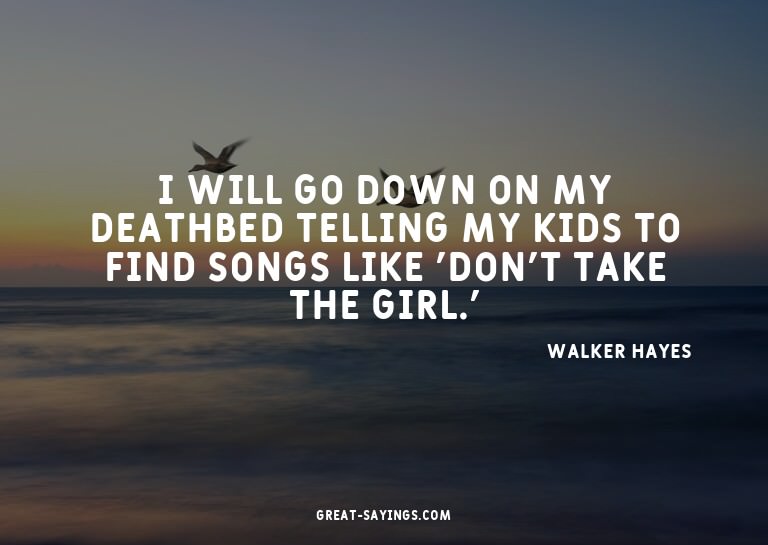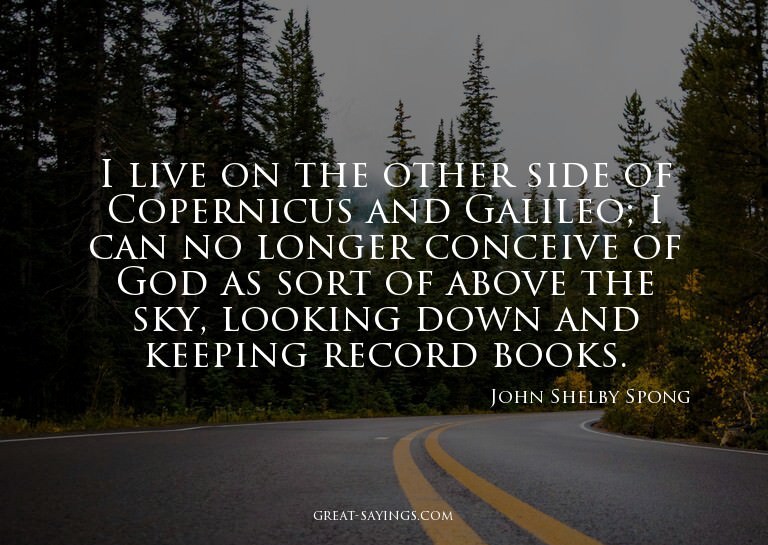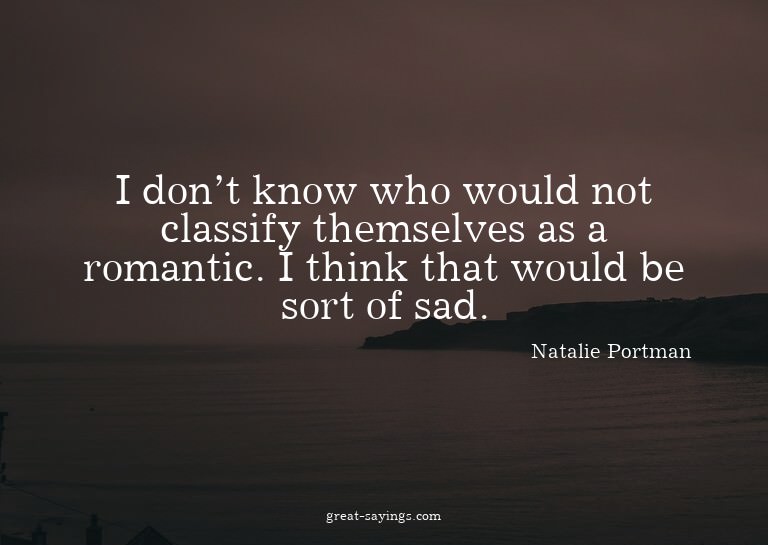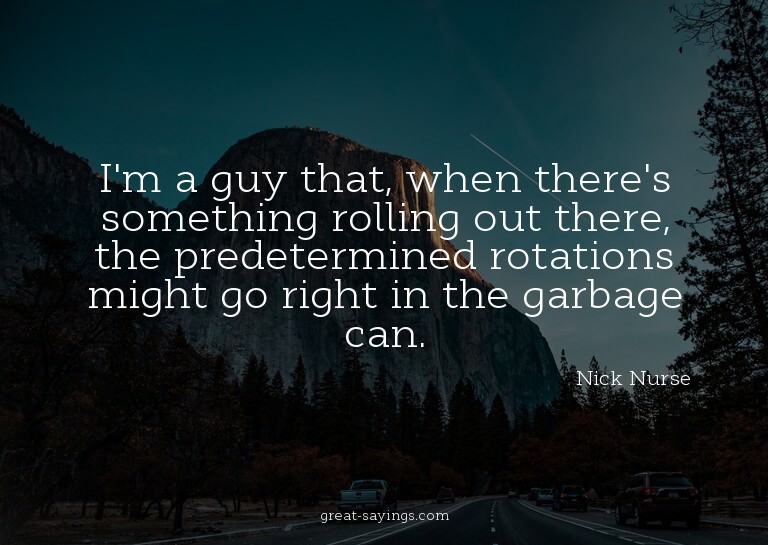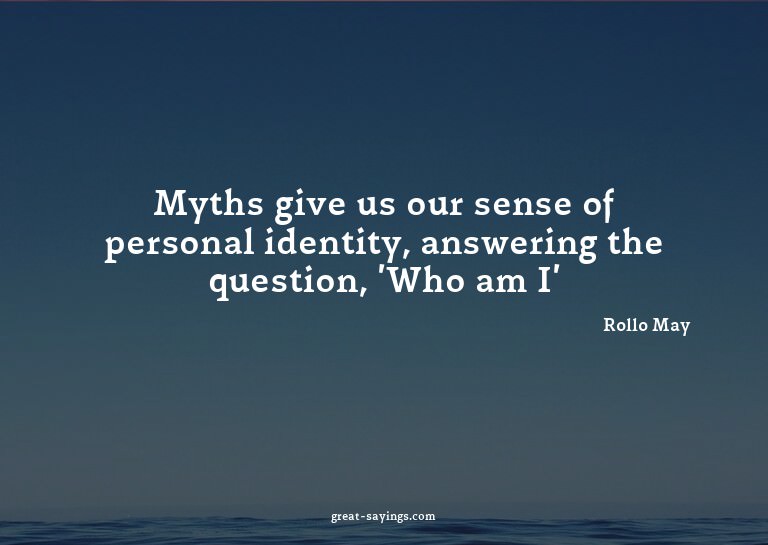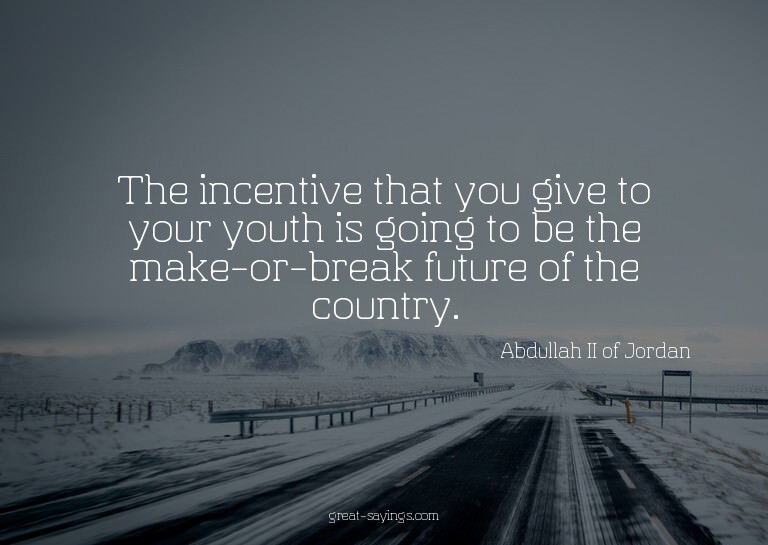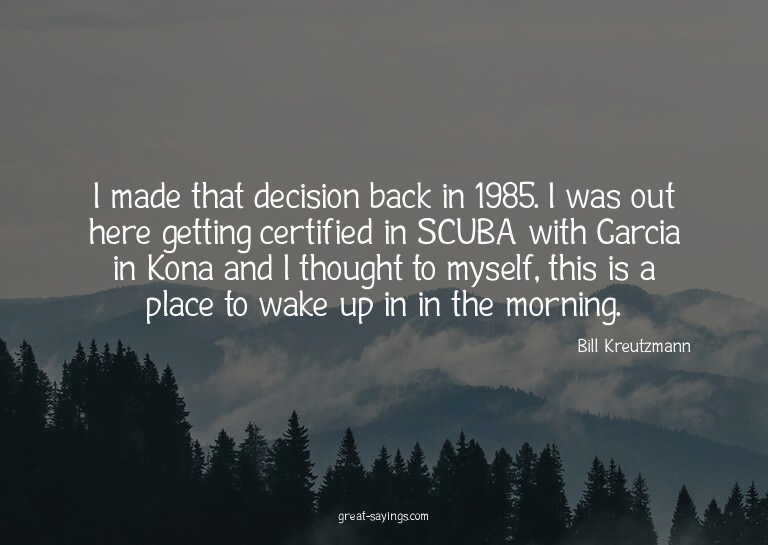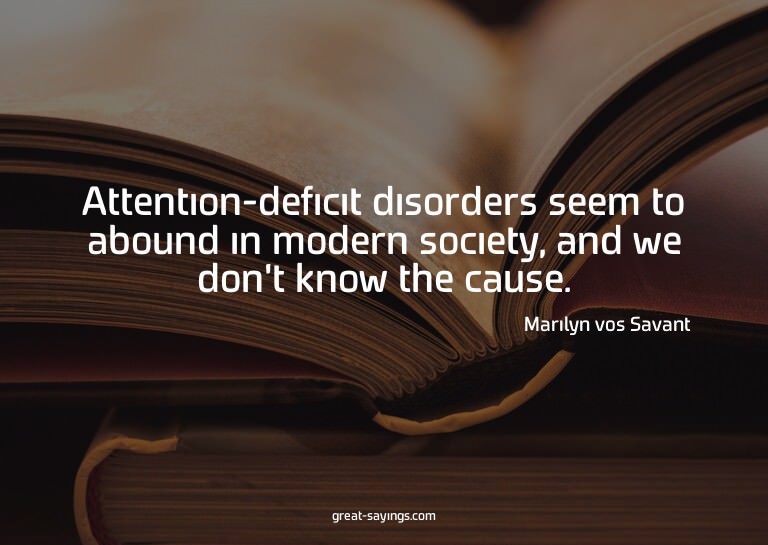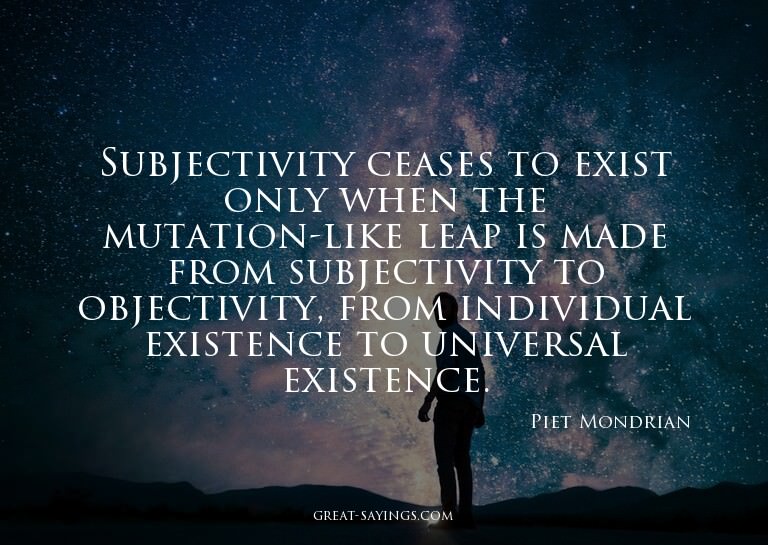Words matter. These are the best Mary Beard Quotes, and they’re great for sharing with your friends.
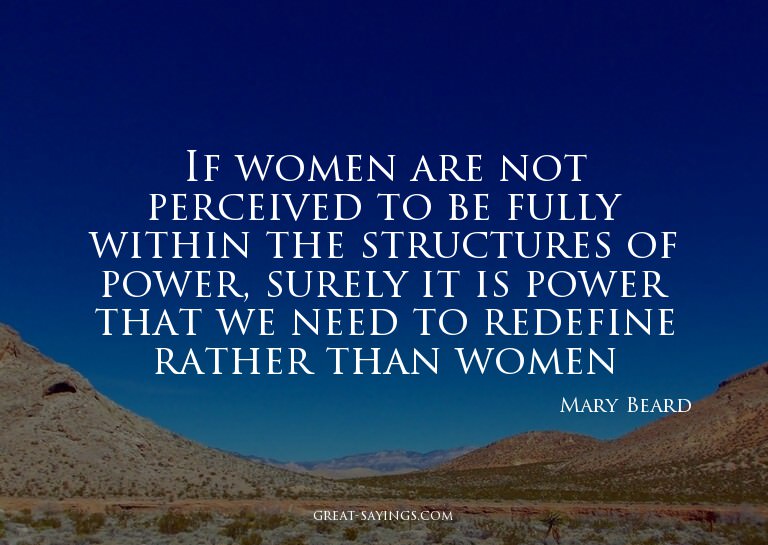
If women are not perceived to be fully within the structures of power, surely it is power that we need to redefine rather than women?
If being a decent soul is being maternal, then fine.
At 16, I got into local-education archaeology classes – you got to go to summer digs. It allowed me to be both intellectual and a bad girl with a wicked social life every evening!
The building blocks of discrimination tend to be similar wherever you find them.
I have always hated fancy dress parties.
A lot of people will always say, ‘I really know nothing about the ancient world.’ But there’s lots and lots of things people know. Partly, they’ve been encouraged to think they’re ignorant about it. In some ways, the job to do is show people that they know much more than they’d like to admit.
I was not much good as a waitress.
I was into Black Power, and my practice Oxbridge essay was a rant. The headmistress said I’d never get in with that, but she was probably wrong. I was the ideal combination: a swot who was also a bad girl.
What politicians do is they never get the rhetoric wrong, and the price they pay is they don’t speak the truth as they see it. Now, I will speak truth as I see it, and sometimes I don’t get the rhetoric right. I think that’s a fair trade-off.
I remember plastering the kitchen with Black Power pictures of Angela Davis.
The history of art is not just the history of artists; it is also the history of the people who viewed art. And that wider perspective can help us see some of the reasons why the art of the ancient world should still matter to us.
You can hardly be a classicist and not be interested in theatre.
I used to think that the British press were particularly awful to Cherie Blair. I think Blair’s foreign policy was a complete disaster, but the British press, when they wanted to explain why Blair took unexpected moves, they did create Cherie as the power behind the throne.
If you say to a group of women professors, ‘Close your eyes and think of a professor,’ what they will see is a guy. I will. And I’ll stop myself and think, ‘Hey, hang on, what am I doing here?’
I receive something we might euphemistically call an ‘inappropriately hostile’ response – that is to say, more than fair criticism or even fair anger – every time I speak on radio or television.
We lived in the schoolhouse of the village school in Church Preen, in deepest Shropshire, and my mum was the schoolmistress. She taught the juniors, and one other teacher taught the infants. I went there from the age of three, no doubt as a form of childcare.
It would have been nice if the people who were criticising ‘Civilizations’ had actually watched it. But the popular response has been tremendous, and in the end, that’s what really matters.
The web is democratising and also the voice of people who don’t think they have another outlet. And that voice can be punitive.
We have never escaped a certain male cultural desire for women’s silence.
Roman military tactics were much over-rated. All the clever ones had the same idea, which was to go round the back.
I don’t think that we are completely dominated by what we have inherited from the past, but it is the case that as far back as you can go – just to Homer, but also to the literature of Rome, the literature of the Middle Ages and Renaissance – what you will find is that women’s voices are not taken seriously.
I think, when I was 25, nobody in the world knew who I was.
I was 11 when I started Latin – not like boys, who start early at prep school. At 14, you had to choose whether to start Greek and drop German, but my mum made a fuss, and I took Latin, Greek, French, and German at O-level, which meant I didn’t do much science.
Barring some sociopaths, probably, there is nobody who doesn’t care about their appearance.
One of the great things about history is that it sort of isn’t a done deal – ever. The historical texts and the historical evidence that you use is always somehow giving you different answers because you’re asking it different questions.
It’s a bit naff, but there is something exciting about pulling a bit of pottery out of the ground that’s 2,000 years old.
There is no argument that I won’t take seriously.
There’s a basic rule of thumb that the more a culture oppresses women, or oppresses anyone, the more culturally preoccupied they are with that.
Nobody but an idiot would pretend that they had an error-proof way of choosing the ‘best’ out of hundreds of perfectly qualified applicants – not for university or for anything.
I’m not in the slightest wanting to attack the women’s movement here. But I think that in popular, broadly left-wing, broadly feminist discourse, there is a tendency to just label discrimination against women – and embedded assumptions about them – as misogyny and think ‘job done.’
All religions throughout history have been concerned about – and have sometimes fought over – what it means to represent God, and they have found elegant, intriguing, and awkward ways to confront that dilemma.
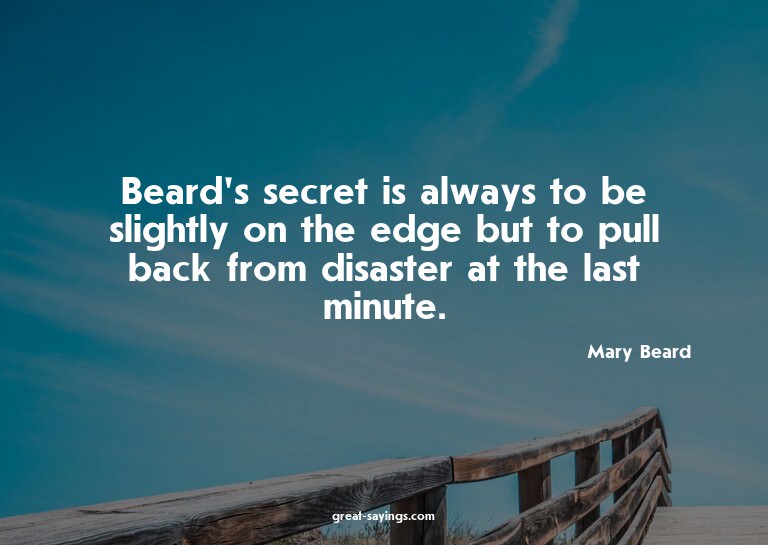
Beard’s secret is always to be slightly on the edge but to pull back from disaster at the last minute.
Grey is my hair colour. I really can’t see why I should change it.
You cannot easily fit women into a structure that is already coded as male; you have to change the structure.
Thinking through how you look to your enemies is helpful. That doesn’t mean that your ideology is wrong and theirs is right, but maybe you have to recognise that they have one – and that it may be logically coherent. Which may be uncomfortable.
One of the downsides of working in antiquity is that you don’t have many female voices, but you certainly have a lot of male terror about the potential of women’s power. It shows you very clearly that the most oppressive cultures tend to be afraid of those whom they oppress.
We make two mistakes about the ancient world. One is to assume they were better than us – that, for instance, the ancient Olympics didn’t involve money-making. The opposite mistake, and just as common, is to think our Olympics are much more civilised than ancient sporting competitions. Neither is true.
The reason why the British theatrical tradition is world-leading in Greek drama is because there is a flourishing tradition of people rethinking Greek tragedy.
I think that what will help women get into positions of power – well, day nurseries, equal pay, family-friendly working hours. And I think all that’s important. I used to think it was the solution. I now think it’s enabling, and it’s important, but still we have got head work to do about this.
In general, I never think it is a good idea to try to recreate past successes. You have to strike out on your own, for better or worse.
Gender is a key marker of power and powerlessness. Most of the structures of how our world works are biased in terms of men.
I don’t want to see a world in which women can communicate on Twitter, but their actual voices are not heard.
When I am making a TV show, I am looking for engagement, not admiration.
We are sold the idea of a refugee as a tiny child sitting crying, as a way of raising money, but elderly ladies and kids largely can’t move. The demographic is mostly young men.
Fate has it in for me to be an exhibit: that funny old lady from the telly.
You can’t always worry about offending people.
No women in ancient Rome ever had the vote.
I’m actually in a tradition of classicists with a big public face who like sounding off.
I have always thought the women’s movement traded too much on outrage and not enough on ridicule.
Wherever possible, I try to see things from the other side of the dividing line and to read civilisation ‘against the grain.’
If talking about arts means being pretentious, a bit like being a wine critic, then I don’t feel comfy with that. You can get a lot from paintings without getting mystical about brush strokes.
I have lots of heroes and heroines, mostly unsung and including my husband.
I think most people gain some sense of how to look at a painting, but no one ever teaches you how to look at a piece of silver.
A lot of sexism is just very silly… and the best response is laughter and ridicule.
What is the role of an academic – no matter what they’re teaching – within political debate? It has to be that they make issues more complicated. The role of the academic is to make everything less simple.



